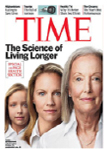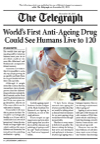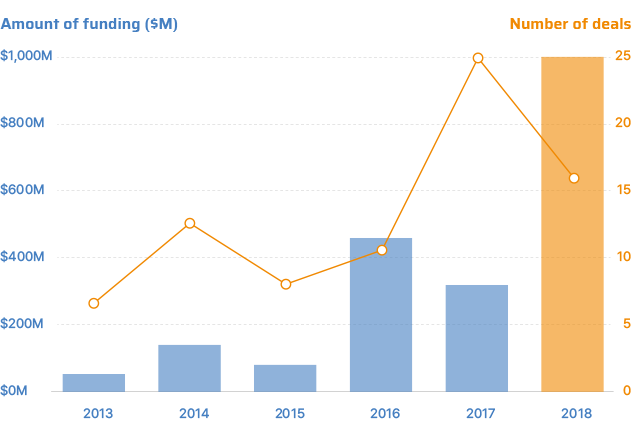of the onset of geriatric diseases
A gradual decline in homeostasis and a decrease in the ability to respond to environmental stimuli with age, due to
a decline in physiological activity, increase the risk of disease and death. Globally, the growing population of diseases caused
by aging is a serious social problem. The WHO assigned disease codes to aging in 2018
-
What is geroscience and how
does it relate to treating diseases
associated with aging? -
Geroscience is research in the relationship between the mechanism of aging and the pathogenesis of geriatric diseases together.
It accelerates research into the basic biological mechanisms driving aging, leading to improved clinical interventions for the diseases and conditions experienced by many older people.
-
Geroscience is a scientific approach
to aging control to extend healthy
life. -
Geroscience is a scientific approach to aging control to extend healthy life. Based on the basic biological mechanisms that induce aging, it considers clinically optimal treatment strategies and prevention methods for various disease states.
The discovery of geroprotector, which is a substance that protects against aging, opens up the possibility of developing a new concept of therapeutic agent that can prevent and treat aging and senile diseases.
-
1984: Telomere
-
1996: Insulin-related signaling
-
2003: Rapamycin

-
2005: Young blood factors
-
2006: Resveratrol
-
2014: Metformin

-
2016: Senolytics
(aging cell scavenger) -
2018: Workld Heath Oragnization
adds extension code for
'aging-related' via ICD-11 ICD 11-XT9T
Ageing Related
-
2020: Explosive expansion
of anti-aging drug
pharmaceutical market
-
Geroprotectors are constantly
evolving in a variety of ways -
Geroprotectors are constantly evolving in a variety of ways. Approaching ageing from a cellular level, scientists the world over are investigating how to stop the process of senescence through medicinal means.
Those are from research on telomere, a repetitive nucleotide sequence at the end of the chromosome to protect genetic information, to rapamycin that prevents organ rejection, metformin, which has a strong anti-aging effect by regulating blood sugar levels, and senolytics that removes senescent cells.
Today, a geroprotectors have developed remarkably. Various recent discoveries indicating the use of pharmacology to delay and possibly improve the aging process has spurred the interest of many pharmaceutical companies. These discoveries should contribute in increasing the life span and maintain their quality of life for old people.
diseases, such as IPF, atherosclerosis, cancer, diabetes, etc. Therefore, understanding the geroscience could
lead to treatments and interventions that will lessen the burden of chronic disease.
- Prevention of ageing phenotypes
- Improving functional activities
- Therapeutic effects of geriatric diseases
Healthy
Life span

The major pharmaceutical companies have already developed geroscience-based drugs targeting for aging-related diseases or extension of health lifespan. Moreover, geroscience research institutes, companies and investors are accelerating collaborations in various fields. Accordingly, funding to geroscience start-ups has seen a huge uptick in recent several years.
The global geroscience-based drug market is set to witness high growth potential in the coming years owing to rising awareness among the aging population regarding the use of geroscience-based drugs. According to a market research institutes, the global geroscience-based drug market was valued at USD 675 billion in 2019 and is expected to surpass over USD 1,143 billion by 2027.



